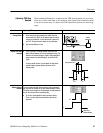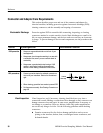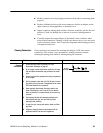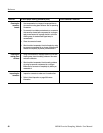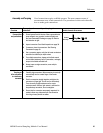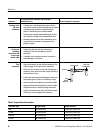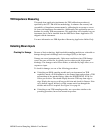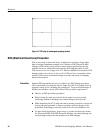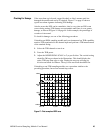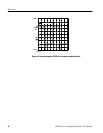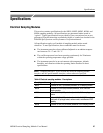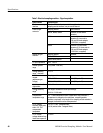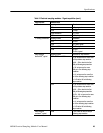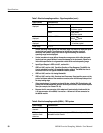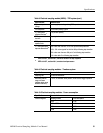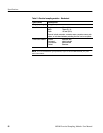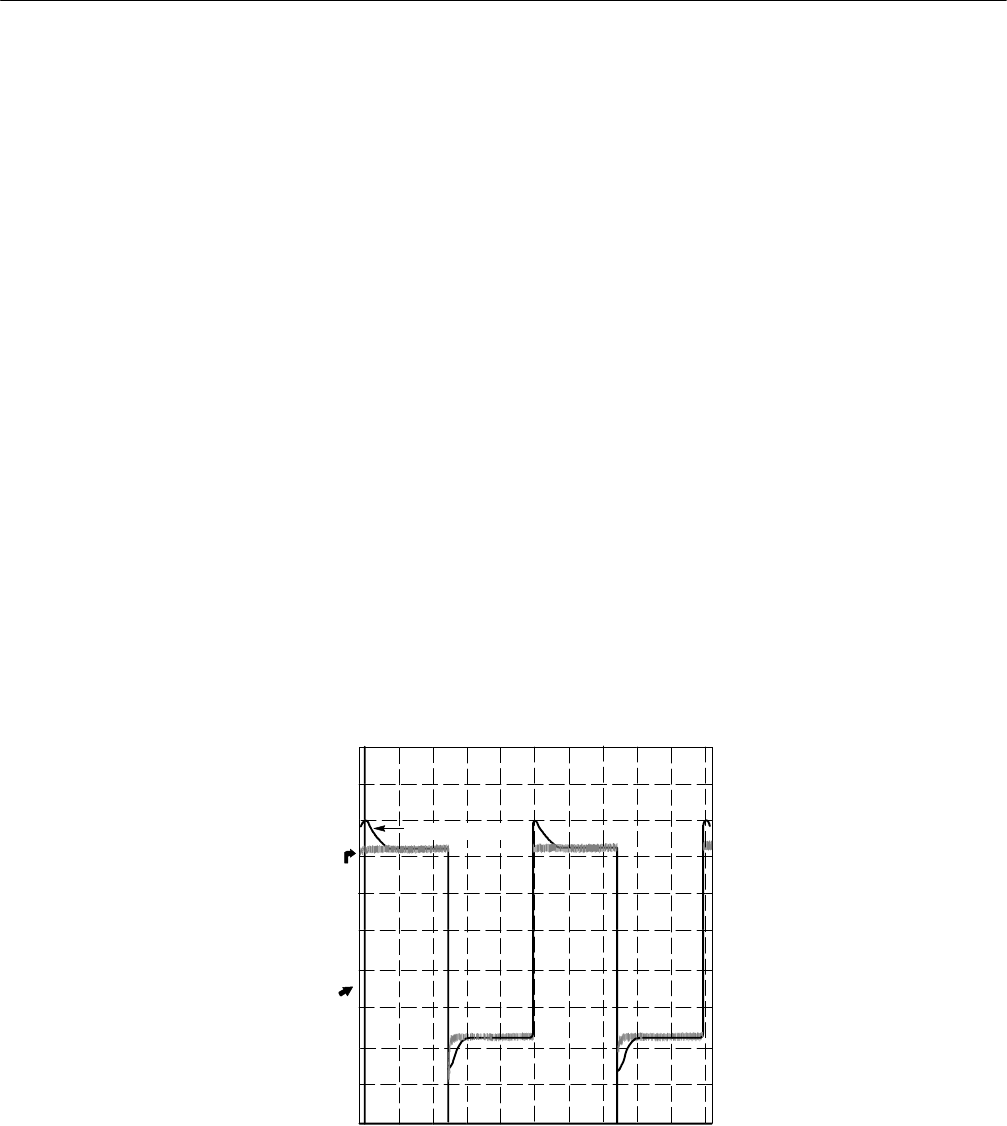
Reference
80E00 Electrical Sampling Modules User Manual
45
If the waveform top is bowed, sagged, hooked, or tilted, assume static has
damaged the module and service is required. Figure 17 on page 45 shows a
typical waveform signature indicating EOS damage.
Also be aware that EOS can be cumulative; that is, every time an EOS event
occurs during testing, EOS damage can accumulate until there is even greater
damage, as shown in Figure 18 on page 46. In this example, the percentage of
overshoot is increased.
To check for damage, use one of the following procedures:
If checking an 80E04 sampling module and your instrument has TDR capability,
attach a 50 Ω termination to the channel input and perform a TDR measurement
of the attached fitting:
1. Select the TDR channel to turn it on.
2. Press the TDR preset.
3. Adjust the HORIZONTAL SCALE to 2 µs per division. The vertical setting
should be 200 mρ as shown in the illustrations. This should display the
entire TDR step from edge to edge. Display the step top at 40 mρ per
division and check for flatness. The top of the waveform should be flat.
If checking a non-TDR sampling module, use a procedure similar to the
preceding procedure, but use an external step source.
1.995 p
200 mp
/div
trig’d
T
--2.005 p
T
261.7 ns
2 s/div
20.26 s/div
EOS signature
Figure 17: First example of EOS error
Checking For Damage



